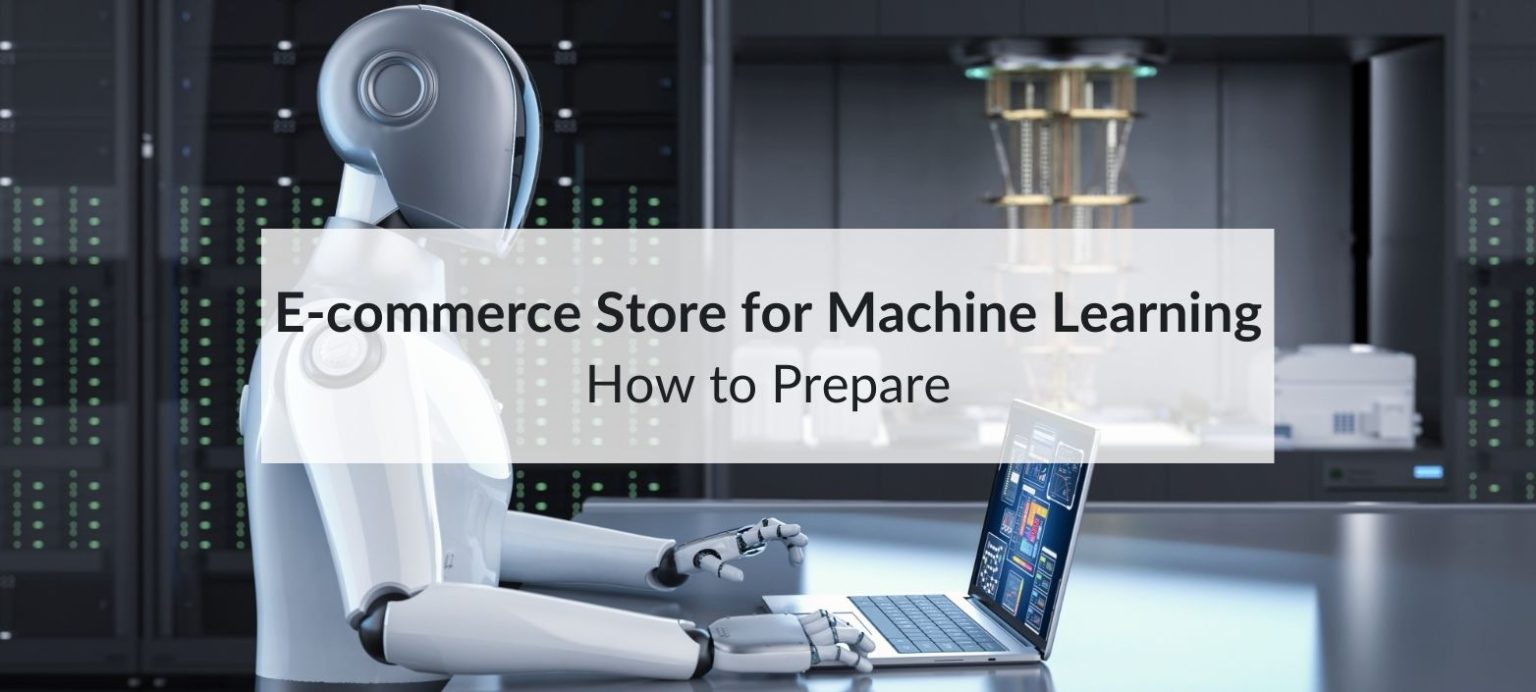Online shopping has come a long way from simple digital storefronts. With increasing competition and rising customer expectations, businesses are turning to artificial intelligence to improve efficiency, personalize experiences, and increase sales. But is your store truly prepared to integrate machine learning effectively? Understanding what it takes to use artificial intelligence in ecommerce can make all the difference.
Why Artificial Intelligence Matters for Ecommerce
Artificial intelligence is no longer a futuristic concept—it is already shaping how people shop online. From personalized recommendations to automated customer service, businesses are using it to create seamless experiences. Whether improving search functionality, forecasting demand, or preventing fraud, artificial intelligence is becoming an essential tool for ecommerce success.

Personalized Shopping Experiences
One of the biggest advantages of artificial intelligence in ecommerce is its ability to tailor shopping experiences. Customers expect recommendations that match their preferences, and artificial intelligence-powered systems can analyze past behavior to suggest relevant products.
For example, an online clothing retailer can track purchase history and browsing patterns to recommend items in the right size, style, or even season. This not only improves customer satisfaction but also boosts conversions and repeat purchases.
Smarter Search and Navigation
Shoppers often leave a site when they cannot find what they need quickly. Machine learning enhances search engines by interpreting queries better, understanding context, and even recognizing images. Voice search is also becoming more common, allowing customers to find products without typing. Businesses that integrate artificial intelligence-powered search tools can reduce bounce rates and increase sales by making the shopping experience more intuitive.
Dynamic Pricing and Demand Forecasting
Pricing strategies can make or break an ecommerce business. Artificial intelligence helps by analyzing market trends, competitor pricing, and customer demand to adjust prices dynamically. This means a retailer can offer competitive pricing while maintaining healthy profit margins.
Similarly, demand forecasting allows businesses to predict inventory needs based on historical data and market conditions. This reduces overstocking and stockouts, saving money while ensuring customers get their orders on time.
Fraud Prevention and Cybersecurity
Online fraud is a serious concern for ecommerce businesses. Artificial intelligence-driven security systems can detect unusual activity, flag potentially fraudulent transactions, and prevent chargebacks. By analyzing patterns in customer behavior, artificial intelligence can identify risks faster than traditional methods, making transactions safer for both businesses and shoppers.
Automated Customer Support
Customer service is an essential part of ecommerce, but handling inquiries manually can be overwhelming. Artificial intelligence-powered chatbots and virtual assistants can manage common questions, process refunds, and provide order updates instantly. This frees up human support agents to handle more complex issues, improving response times and customer satisfaction.
Preparing Your Ecommerce Business for Artificial Intelligence
While artificial intelligence offers many benefits, businesses must take steps to ensure a successful integration. Here’s how to get started:
Assess Your Data Quality
Artificial intelligence relies on data to function effectively. Businesses should review their existing customer, sales, and inventory data to ensure accuracy and completeness. Inconsistent or incomplete data can lead to poor recommendations and inaccurate predictions. Investing in data organization and cleanup is a necessary first step.
Choose the Right Tools
Many platforms offer built-in artificial intelligence features, while others require third-party integrations. Businesses should research tools that align with their specific needs—whether that’s personalized marketing, chatbots, or predictive analytics. Starting small and scaling gradually can help avoid unnecessary expenses and complications.
Train Your Team
Artificial intelligence is only as useful as the people managing it. Employees should understand how to interpret artificial intelligence-generated insights and use them to improve decision-making. Training in data analysis, automation, and customer engagement strategies will help businesses maximize their artificial intelligence investments.
Monitor Performance and Adapt
Artificial intelligence is not a one-time implementation—it requires ongoing adjustments. Regularly reviewing analytics, testing different artificial intelligence-driven features, and gathering customer feedback ensures continuous improvement. Businesses should be prepared to make changes based on real-world results.
Is Artificial Intelligence Right for Your Store?
Not every ecommerce business needs to implement artificial intelligence immediately. Small businesses may find that simple automation tools are enough, while larger retailers may benefit from more advanced artificial intelligence systems. The key is identifying the areas where artificial intelligence can make the biggest impact and starting with those first.
As technology advances, artificial intelligence will become an even bigger part of ecommerce. Businesses that take steps now to integrate it effectively will be better positioned to meet customer expectations, improve efficiency, and increase revenue in the long run. By focusing on data quality, selecting the right tools, and staying adaptable, ecommerce stores can ensure they are ready to take advantage of what artificial intelligence has to offer.

